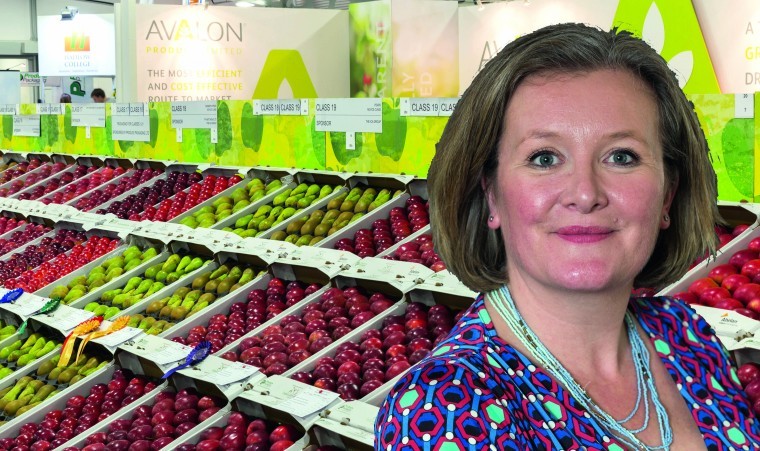So Christmas is rushing towards us, the elf is back on the shelf, I may have even wrapped a couple of presents. Social media is full of pictures of people who have put their trees up early and wrapped their houses in bright lights, perhaps with a dodgy penguin tableau in pride of place at the front of the house.
I agree with many pundits that this comes from a need for some fun, in the restricted small way that we can at the moment; perhaps a little bit of pressure relief found in being a bit childish. I’m in West Kent. While my local hospital isn’t full of Covid-19 sufferers, it is full of people displaced from elsewhere in the region. I would imagine that Tier 3 will continue for us for the rest of December.
Looking back on the year, it’s hard to think that there were any high points, but there have been. We did have a crop to harvest, we did, largely, find enough people numerically, we do have a public that is largely waking up to the realities of Brexit and what that might mean for food and farming. At the time of writing, a little clarity has emerged on farming policy, though nothing yet on labour and the much needed seasonal workers scheme. I am sure that others will write about what comes next from DEFRA but as a brief list we have:
Grants for productivity
As part of work to help English farmers maintain and improve productivity, DEFRA is launching two new schemes for applications in autumn 2021 under the title Farming Investment Fund. There will be small and large grant schemes that will operate under this heading, I wonder if POs will need to fit within th
ELMs, due to start in 2024.
Three elements are confirmed, with more details to follow in early 2021.
- Sustainable Farming Incentive – available to all farmers
- Local Nature Recovery – to improve the local environment
- Landscape recovery – larger scale, long term projects.
Delinking payments and leaving farming
DEFRA’s current intention is for direct payments in the form of BPS to become delinked in 2024. It is also proposing to offer a lump sum exit scheme in 2022 in place of any further BPS and delinked payments to help farmers who wish to leave the industry to do so.
Reforming regulation
DEFRA says that by 2028 farmers will be meeting clear, relevant and outcome-focused legal standards that champion UK food internationally, prevent environmental harm, protect biosecurity and protect animal welfare.
One new piece of legislation that unfortunately seems to have been missed by a few growers is the new requirement to be registered as a point of destination for your imported plant material; from 1 January, your trees and plants will be designated high risk and as such you will need to have them inspected by a DEFRA representative at the time of delivery.
If you haven’t already done so, please register now. You also need to ensure that you have a contingency plan in place in case the inspection isn’t immediate. Do you have a cold store that can be segregated from other products and away from the potential for soil contamination? Will you be able to return the delivery in the event it fails inspection and at whose cost would that be?
If you are in any doubt, please speak to your local NFU representative or your cooperative manager. Your supplying nursery will also be registered for import and will be able to assist you.
This year has delivered a release for many from the tyranny of the daily commute, many of whom have discovered so much more about where they live, together with a new appreciation for the farming landscape and what it produces. It has certainly been a year when rural retail came into its own. How many boxes of fruit and vegetables have been delivered; by what percentage have milk rounds grown? Perhaps a more interesting statistic would be what the retention rate has been amongst these new customers?
I hope you are heading into 2021 well and have a great Christmas and a happy New Year.




